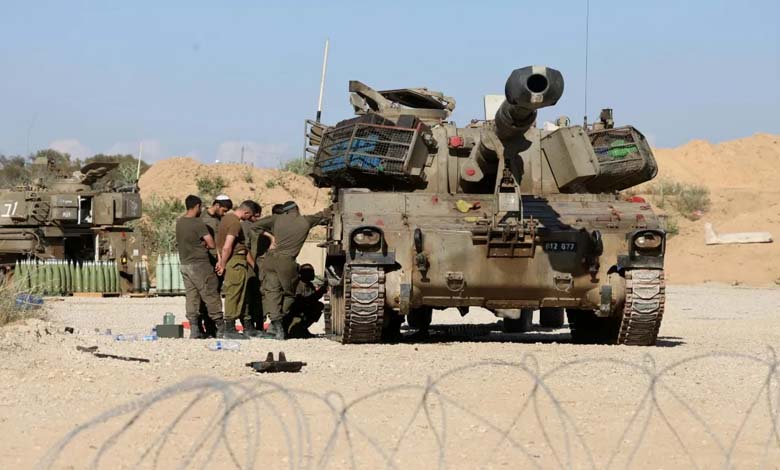Israel’s Plan to Seize Control of Gaza: Seven Questions Answered

From the objectives of the operation to the fate of the population and the question of who will govern afterwards, Israel’s plan to take control of Gaza City raises issues with military, humanitarian, and political implications.
Early last Friday, Israel’s security cabinet approved Prime Minister Benjamin Netanyahu’s plan to expand military operations in the Gaza Strip to include the capture of Gaza City — a decision that went against military recommendations.
-
From the Battlefield to the Therapist’s Office: Gaza Haunts Israeli Soldiers Without Firing a Bullet
-
Worst-case famine scenario: UN report warns of humanitarian catastrophe in Gaza
This decision prompted a series of key questions:
- Why does Israel want to control Gaza City?
- Where is the Israeli army currently deployed?
- What does this mean for civilians?
- How long will it take?
- Who will govern after the operation?
- What will Hamas do?
- Who opposes the plan?
-
Netanyahu Caught in the Military Trap over Gaza: Generals Rebel, Soldiers Absent
-
What Is the Fate of the Gaza Truce? Hamas Responds to Witkoff
Why does Israel want to control Gaza City?
Netanyahu says the expanded operation would ensure Israel’s security, oust Hamas from power, and secure the release of hostages. His office later announced that the cabinet had adopted “five principles to end the war”: disarming Hamas, returning the hostages, demilitarising Gaza, imposing Israeli security control over the Strip, and establishing an alternative civilian administration unaffiliated with either Hamas or the Palestinian Authority.
Where is the Israeli army now?
After nearly two years of war, Israel claims to control about 75% of the Gaza Strip, while the UN estimates that over 86% is under Israeli military jurisdiction or evacuation orders.
-
A Break in Khan Younis Gets Elite Israeli Unit Pulled from Gaza
-
Stop the Unjust War in Gaza: A Message from 550 Former Israeli Officials to Trump
What does this mean for civilians?
Residents fear worsening humanitarian conditions, already dire, and a sharp rise in the death toll. More than 60,000 have been killed since the start of the conflict, according to local health authorities.
How long will it take?
According to The New York Times, mobilising reserves and forcibly evacuating civilians could take days or weeks. If the government proceeds, the military believes it could seize the remainder of Gaza within months.
-
Gaza Truce : Just 200 Meters Separate Israel and Hamas
-
“I can’t walk anymore”: When journalists, the hungry, and medics collapse in Gaza
Who will govern afterwards?
Netanyahu has stated that Israel does not seek permanent authority over Gaza and prefers to hand over administration to an Arab or international force — a prospect complicated by Israel’s refusal to involve the Palestinian Authority.
What will Hamas do?
The Palestinian group has denounced the move as a “new war crime” and warned that such an “adventure” will come at a high cost to Israel, continuing recruitment efforts despite heavy losses.
-
From Displacement Camps to UN Facilities: In Gaza, No One Is Spared
-
UN warns of suffocating Deir al-Balah in Gaza… the last lifeline
Who opposes the plan?
Several military officials, including Chief of Staff Eyal Zamir, along with numerous world leaders and organisations, have warned of increased risks to both hostages and civilians. Condemnations have come from the UN, the EU, Arab states, and even some of Israel’s Western allies.
-
“I pretended to be dead to survive”: How Gaza’s breadlines turned into graveyards
-
Israel Punishes UN over Gaza Operations: Three Visas Denied
-
Hamas’ Intransigence vs. Washington’s Optimism: U.S. Official Weighs Gaza Deal Prospects
-
Gaza Truce: U.S. Positive Signal, Israeli Flexibility and a U.N. Alarm
-
Gaza: 20 Dead in Stampede for Aid in Khan Younis












